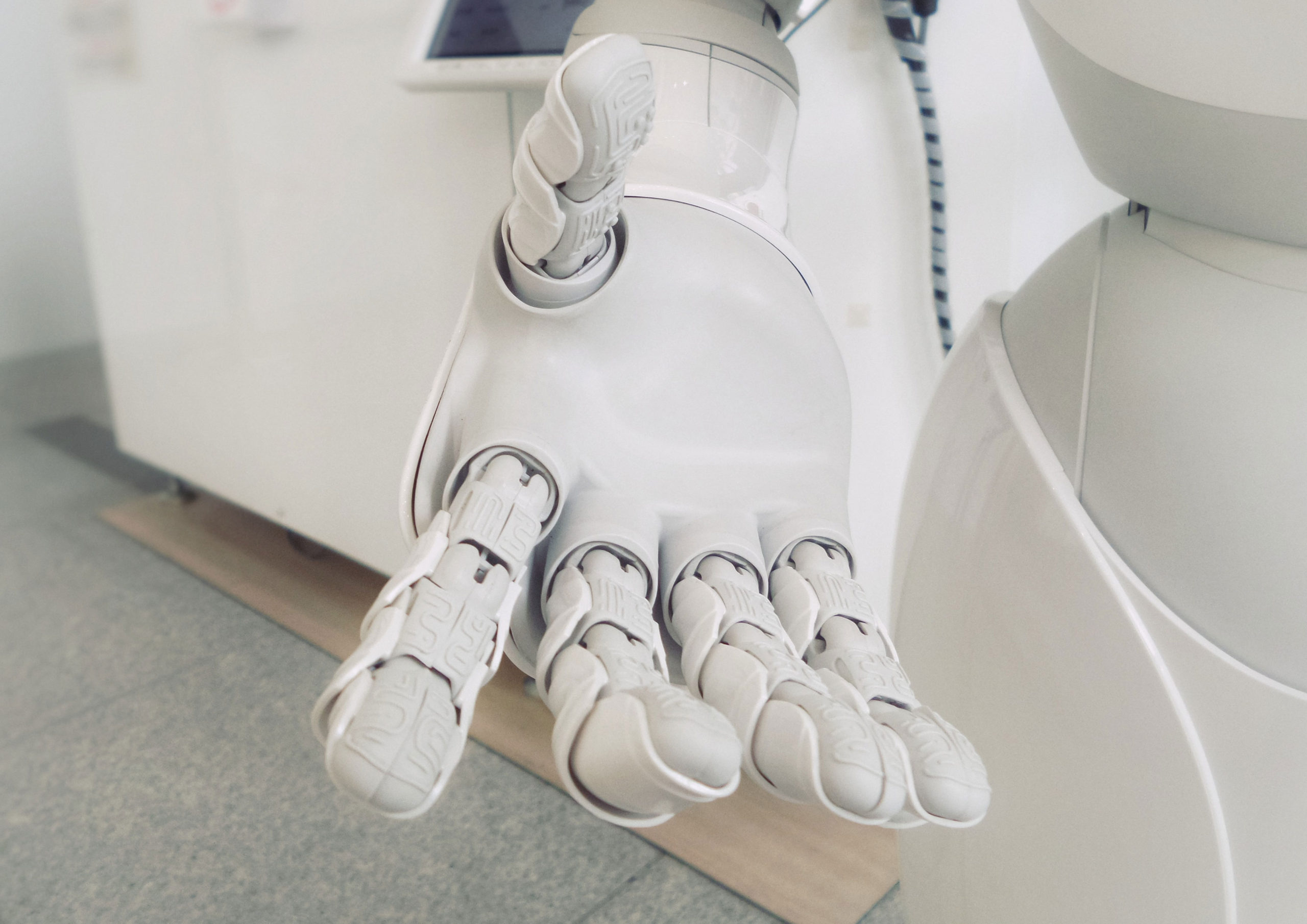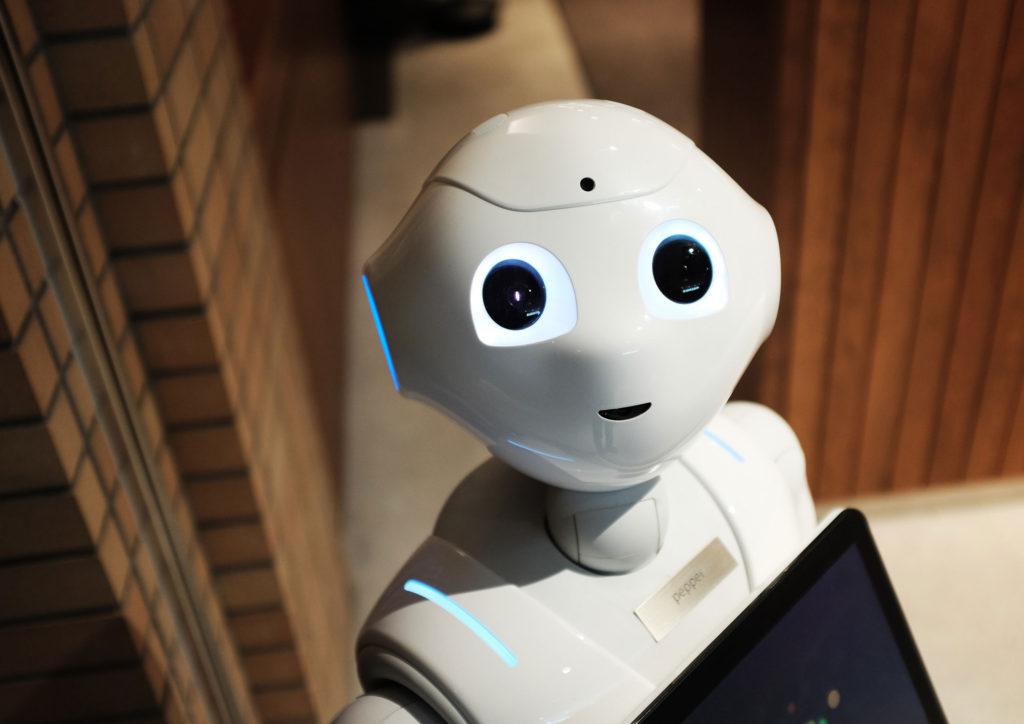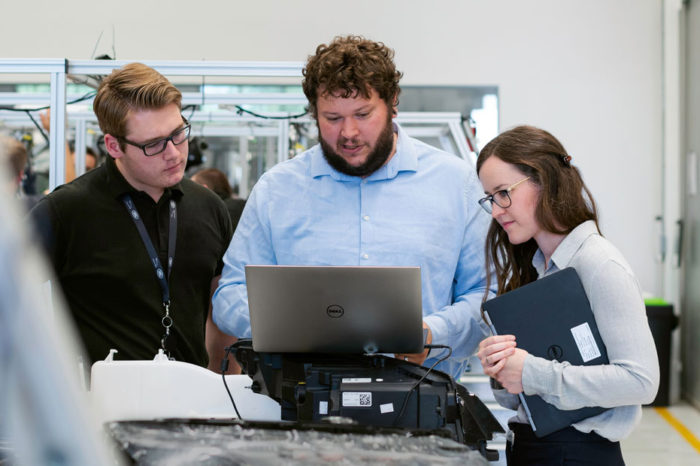
Covid-19 accelerates the adoption of automation
It’s unsurprising that in this new world of lockdown and working from home, the uptake of automation across multiple sectors is on the rise. A report by The World Economic Forum highlights how companies are turning towards automation in favour of a human workforce to sustain or atleast prop up their business activities.
The Future of Jobs 2020 Report indicates that the shift to automation will create in the region of 100 million new positions by 2025; however, it will disperse between 80-90 million jobs in the process.
The new jobs will likely have an emphasis on skills in creativity and analytics with top professions emerging in data and Ai, cloud computing and content creation.
Skills gaps are likely to remain high as in-demand expertise evolve in different directions over the next five years. Predictions are emerging that the most valued skillsets and groups in the lead up to 2025 will include analytical thinking, problem-solving, skills in self-betterment such as active learning, resilience, stress management and job flexibility.
It’s estimated that around 40% of workers will require retraining and a huge 94% will need to pick up new skills on the job, a sharp increase from 65% reported in 2018.
43% of businesses surveyed indicate that they are set to reduce their workforce due to technology integration, 41% plan to expand their use of contractors for task-specialised work, and 34% plan to expand their workforce due to technology integration.

WEF managing director, Saadia Zahidi comments “COVID-19 has accelerated the arrival of the future of work. Accelerating automation and the fallout from the COVID-19 recession has deepened existing inequalities across labour markets and reversed gains in employment made since the global financial crisis in 2007-2008.”
It’s noted that there is a rapidly closing window for managers to get ahead of this change, and help their workforce retrain for new types of roles. “Businesses, governments, and workers must plan to urgently work together to implement a new vision for the global workforce.”
Automation, in parallel with the COVID-19 recession, is doubling the disruption for workers. In addition to the current issues from lockdowns and economic contraction, technological adoption by companies will transform tasks, jobs and skills irreversibly.
Read the full Future of Jobs 2020 Report.




